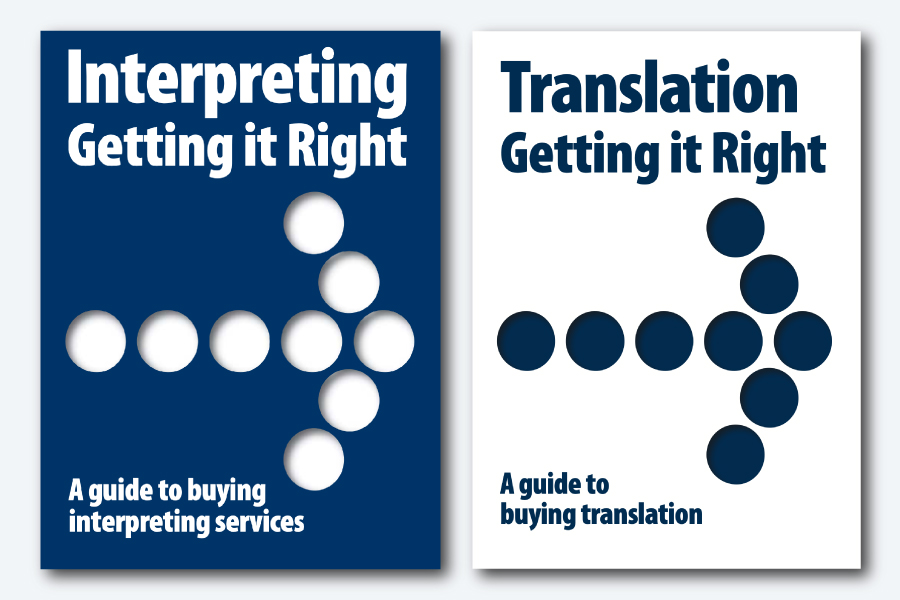Healthcare Interpreters: Replacing Myth with Fact
If you had a bad experience with an incompetent doctor, would you give up on the entire medical profession? Of course not—but that’s the attitude many doctors have toward healthcare interpreters. It’s time to replace myth with fact.
Myth: All interpreters are incompetent.
Fact: You’ll get good results if you use a professional instead of a bilingual bystander. Qualified healthcare interpreters have language skills and medical knowledge that bilingual staff and family members lack—and they follow a well-established code of ethics and rigorous standards of practice.
Myth: Doctors are better off “getting by” without interpreters.
Fact: “Appropriately trained interpreters are the ideal situation,” says Dr. James Rohack, Immediate Past President of the American Medical Association. “The US is a melting pot of many cultures and languages. You need three key components in an interpreter: linguistic competence, medical competence, and cultural competence.”
Myth: Interpreting is a waste of precious healthcare resources.
Fact: Interpreting reduces healthcare costs by improving doctor-patient communication.
“When a language barrier prevents the doctor from diagnosing the patient, he’ll cover himself with extra tests” says Doug Green of the Texas Association of Healthcare Interpreters and Translators. “If you aren’t using qualified interpreters in healthcare, you’re hemorrhaging cash.”
Dr. Rohack agrees. “Look at the common thread in lawsuits: it’s that the patient feels the doctor didn’t adequately explain why he did what he did. Inadequate communication means more tests, but there’s also a higher risk of lawsuits.”
Contributors:
- Lillian Clementi
- Chris Durban
- Corinne McKay





